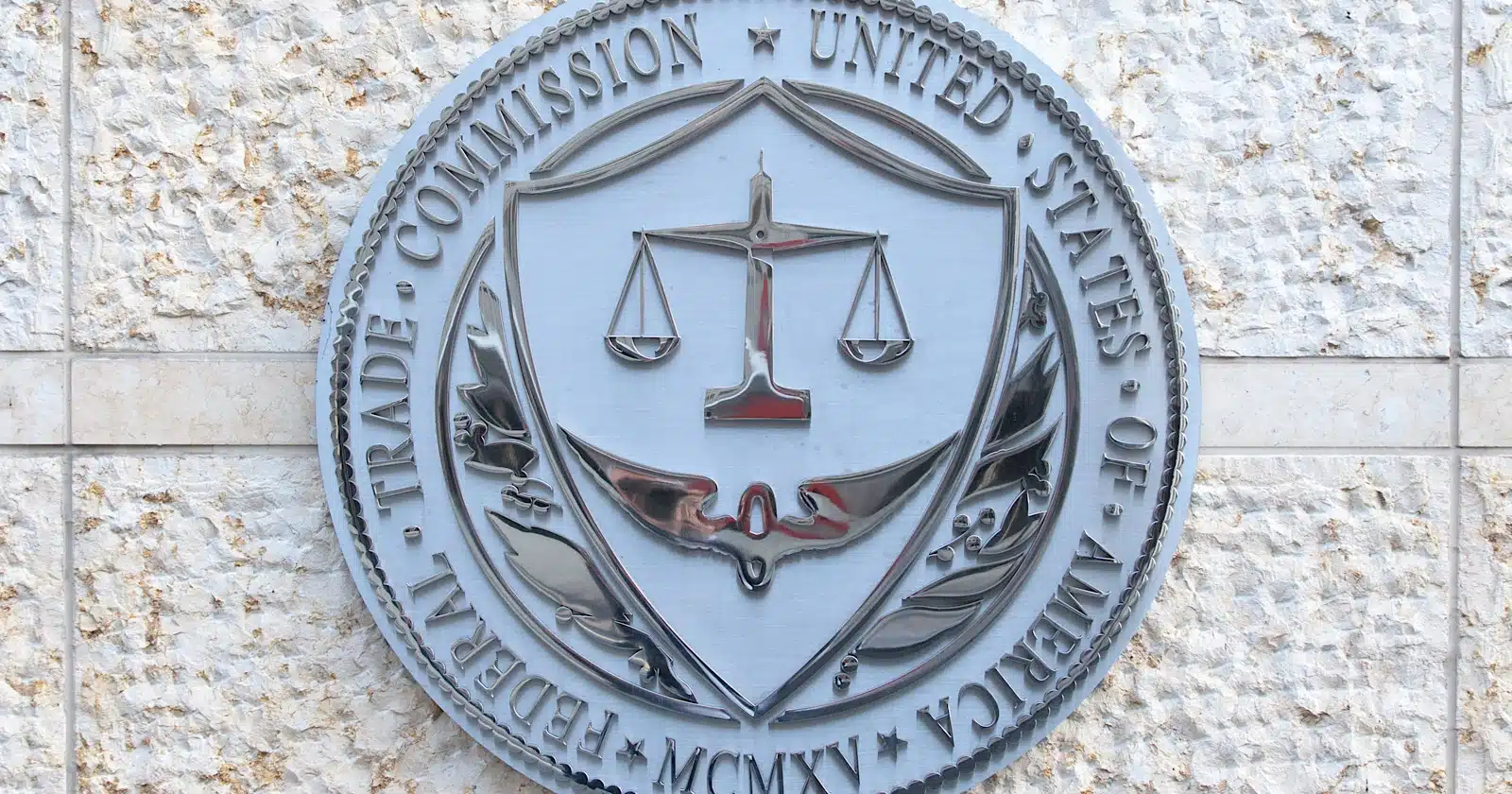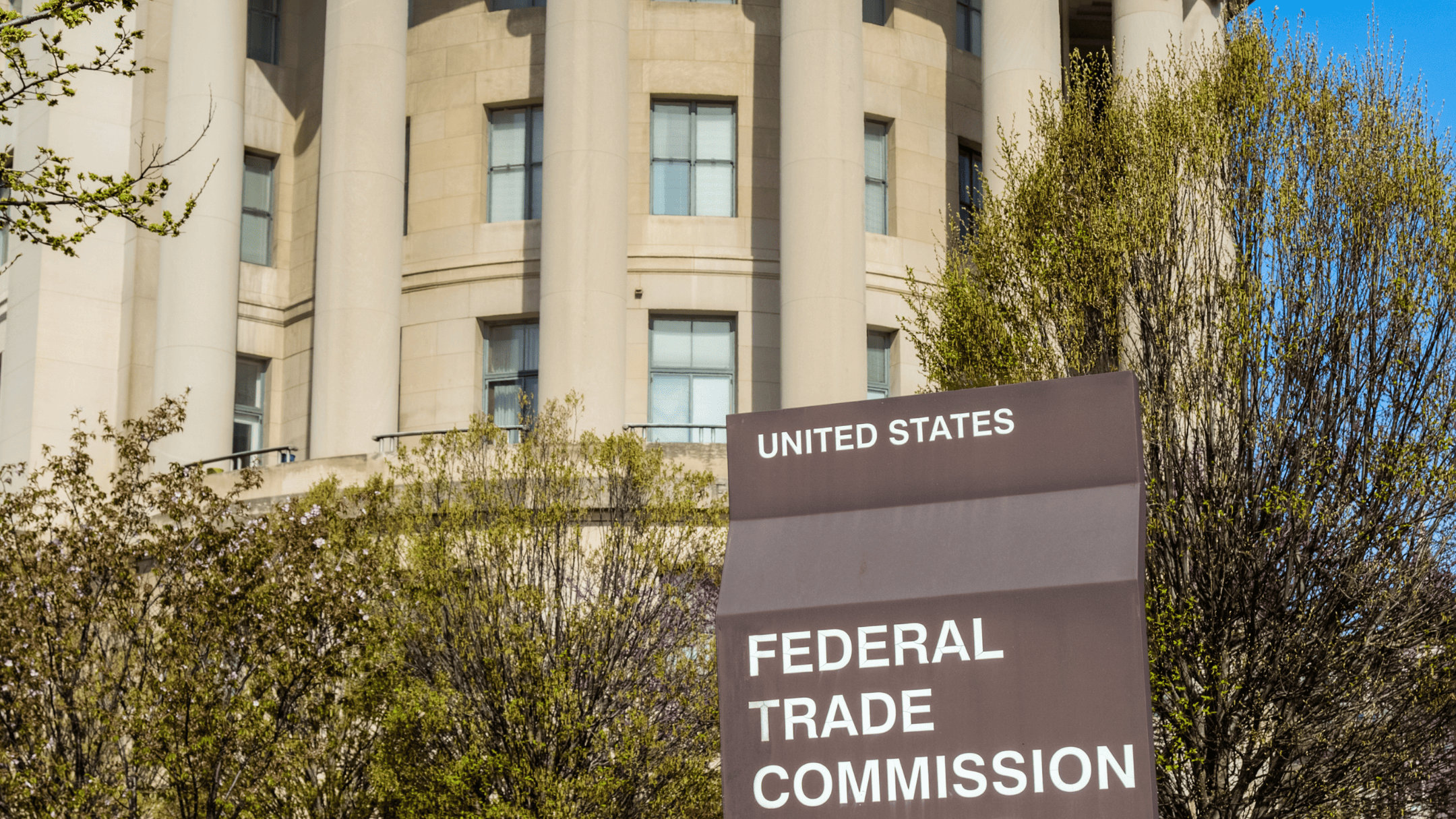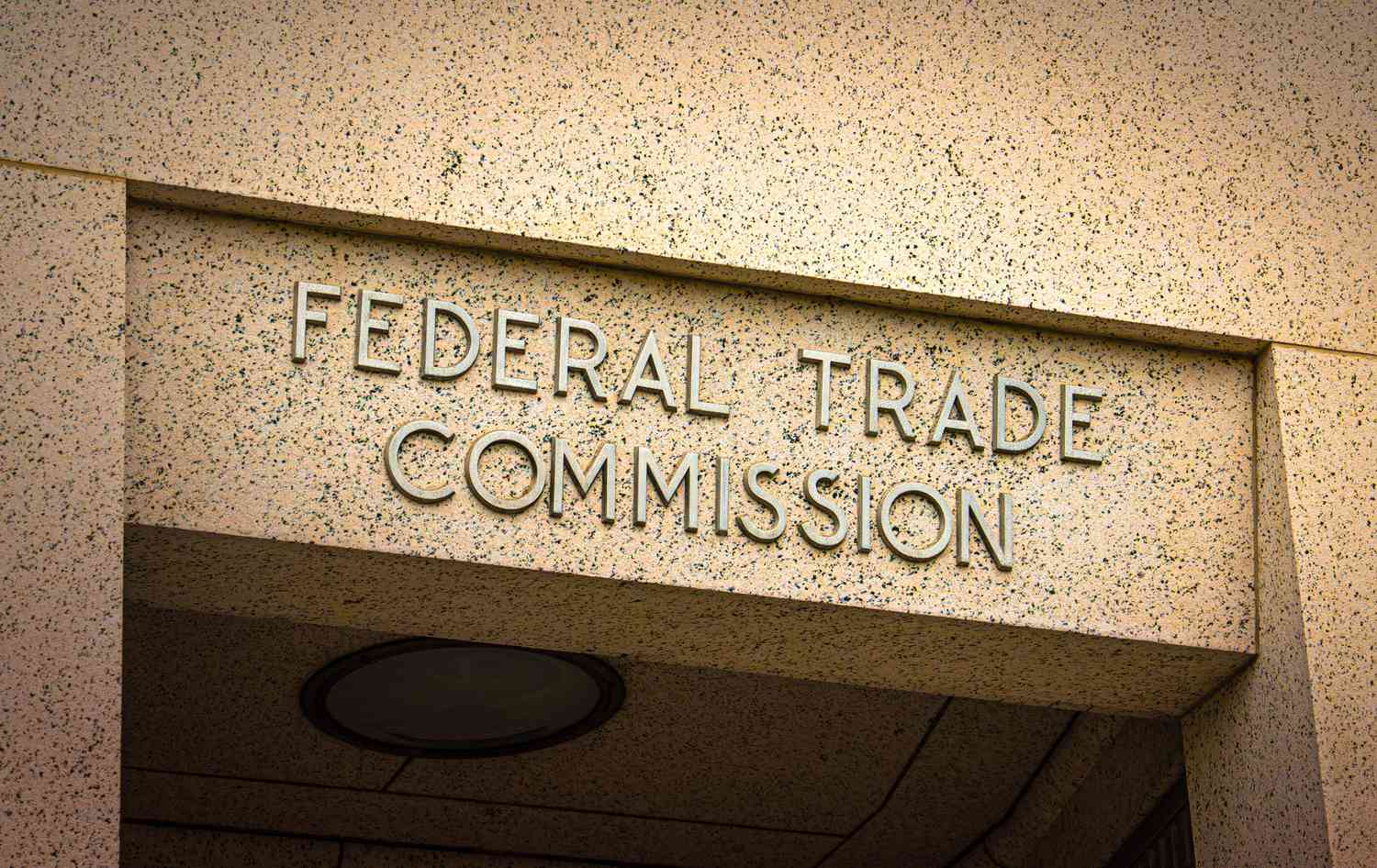The Federal Trade Commission (FTC) is taking a decisive stance against digital deception with its latest move. On August 14, the FTC’s commissioners unanimously approved new federal regulations aimed at curbing the trade in fake social media metrics. Scheduled to take effect in October, the FTC fake followers regulations will be implemented within sixty days of publication in the Federal Register. These rules represent a significant shift in how the digital marketplace addresses misleading online practices.

The primary objective of the FTC fake followers regulations is to ban the sale and purchase of false social media metrics, including followers, views, and likes. These inflated metrics are typically generated by automated software or compromised accounts. By enforcing these regulations, the FTC seeks to protect consumers from deceptive information and foster fair competition in the online space.
FTC Fake Followers Regulations: Impact on Crypto Influencers
The introduction of the FTC fake followers regulations will have a profound effect on the cryptocurrency industry. Social media plays a pivotal role in shaping market movements and influencing investor decisions within the crypto space. With these new regulations, crypto influencers who engage in practices such as paying for fake followers or views will face significant repercussions.
The regulations specifically prohibit the buying or selling of fake indicators of social media influence, including those generated by bots or hijacked accounts. As Rob Freund, a US advertising lawyer, highlighted in a post on X, “Everyone juicing their views, saves, plays, subs, likes, etc. through any inauthentic means violates the new rule.” This crackdown is especially relevant for crypto influencers, as their perceived popularity and credibility can heavily impact investment decisions.

FTC Fake Followers Regulations: Addressing AI-Generated Reviews and Celebrity Endorsements
The scope of the FTC fake followers regulations extends beyond fake followers to include artificial intelligence-generated reviews and celebrity endorsements. The regulations target reviews created by AI and those from individuals who lack genuine expertise with the advertised products or services. This includes the widespread practice of using celebrity testimonials as a marketing strategy.
The inclusion of AI-generated reviews in the FTC fake followers regulations reflects the agency’s awareness of the evolving nature of digital marketing and technology. By targeting both fake social metrics and misleading reviews, the FTC aims to address a broader range of deceptive practices that can undermine consumer trust and skew market dynamics.
Broader Implications of the FTC Fake Followers Regulations
The FTC fake followers regulations go beyond just crypto influencers and celebrity endorsements. They also address issues such as review censorship and business insider reviews. These new restrictions are designed to prevent misleading tactics across the digital landscape and will introduce fresh rules for review websites.
Penalties for violating the FTC’s new rules can be substantial, with fines reaching up to $50,000 per infraction. This high cost underscores the FTC’s commitment to enforcing these regulations and deterring fraudulent practices. FTC Chair Lina Khan emphasized the importance of these rules, stating, “Fake reviews not only waste people’s time and money but also pollute the marketplace and divert business away from honest competitors.” Khan added, “The final rule will protect Americans from getting cheated.”

The journey toward implementing the FTC fake followers regulations has been a lengthy one. Last October, the FTC unveiled its plan to tackle inflated social metrics and fake reviews, marking a significant step in its ongoing efforts to regulate digital deception.
Conclusion: Embracing a New Era of Digital Authenticity
The FTC fake followers regulations mark a crucial advancement in promoting transparency and honesty in online commerce. As these regulations come into effect, the cryptocurrency industry can expect a shift in how influencers and crypto projects approach social media marketing. The focus will likely move towards producing high-quality content and fostering genuine engagement, rather than relying on deceptive metrics.
Ultimately, the goal of the FTC fake followers regulations is to create a more reliable and trustworthy online environment for consumers and legitimate businesses. As the crypto industry continues to evolve, adhering to these standards of authenticity may become essential for its growth and credibility. The FTC’s new regulations represent a significant step towards a fairer digital marketplace, and their impact will be closely watched in the coming months. TheBITJournal remains committed to delivering comprehensive insights into the latest developments shaping the sector.


























